03 April 2024
Charging into the Future: EU sets the standard with Battery Passport
Interview with Gerard Koning of RAI Automotive Industry NL
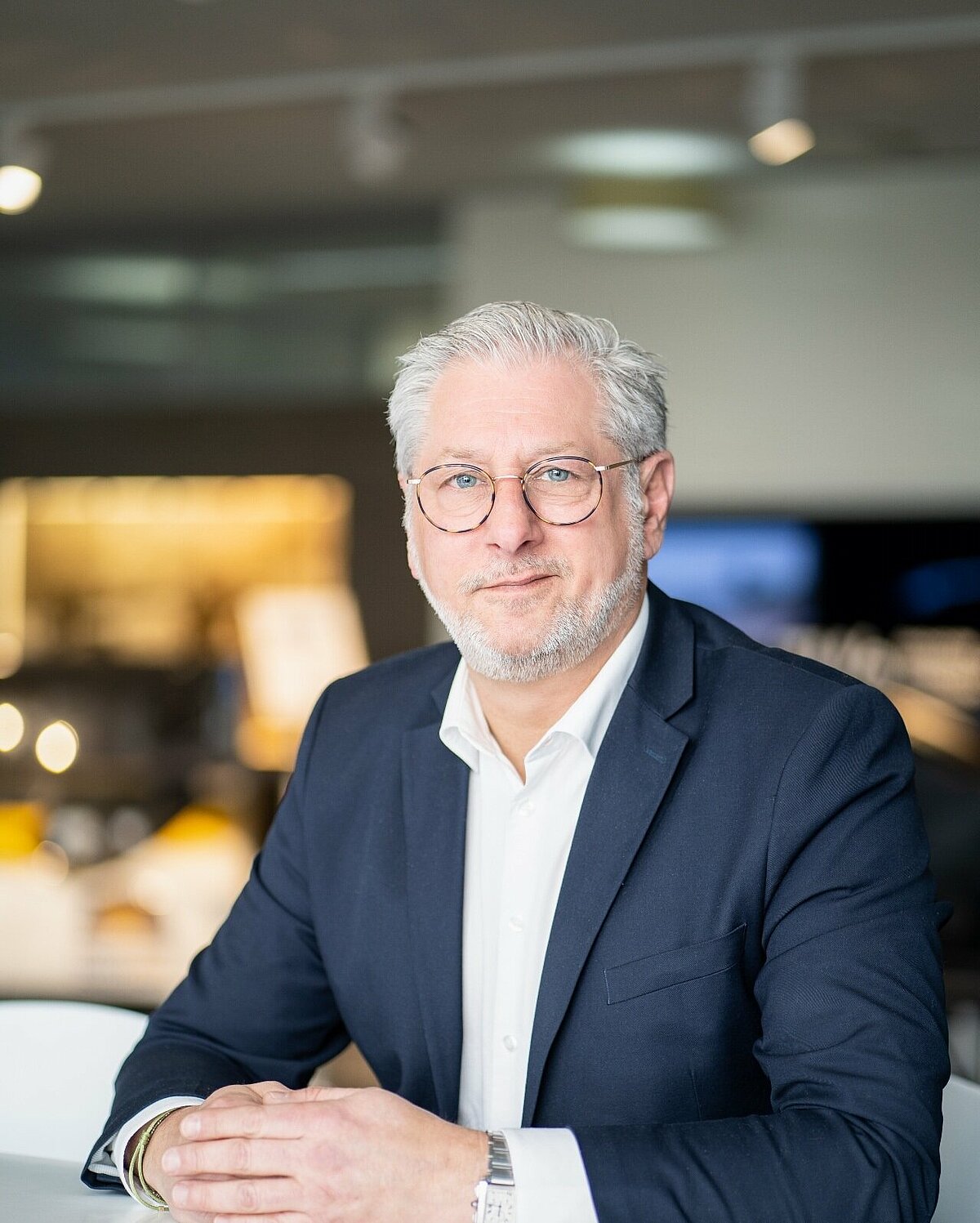
My name is Gerard Koning and within RAI (Bicycle and Automotive Industry), I am working) for the Automotive Industry section. I mainly focus on sustainable mobility. Furthermore, I have a sub-role in the national innovation acceleration program for electric transportation. In this role, I work on the implementation of the Dutch/German mobility pact. One of the topics of the pact is battery technology.
There are many different battery technology initiatives in the Netherlands and it would be good if those initiatives would unite themselves, instead of competing with each other. That is why the Battery Competence Center was founded in 2021: a national and independent platform that, together with the regional development agencies, the National Enterprise Agency, public authorities, industry and knowledge institutes, is bringing together initiatives from all regions in the Netherlands.
Within the Battery Competence Center, I focus on the automotive industry and especially the recycling part. Whereas Rutger van Poppel is focusing on production and materials. We are jointly responsible for the organizational part, for strengthening the network and for creating support within the Netherlands. We act as facilitators and play a driving role.
The best part about this job is that I am working on technology, that I get to speak to many different companies and people in the Netherlands and abroad, and that I am required to take a comprehensive approach. Sustainable mobility is only part of that approach. Given my background, I also look at production, manufacturing and smart mobility. It is easy to take a look behind the scenes of various companies, which makes this job the more interesting for me. And it helps to better position the Netherlands. Ultimately, I help build a better society and future for the generations to come: 'how do we make the industry and that little country in Europe that is called the Netherlands better'.
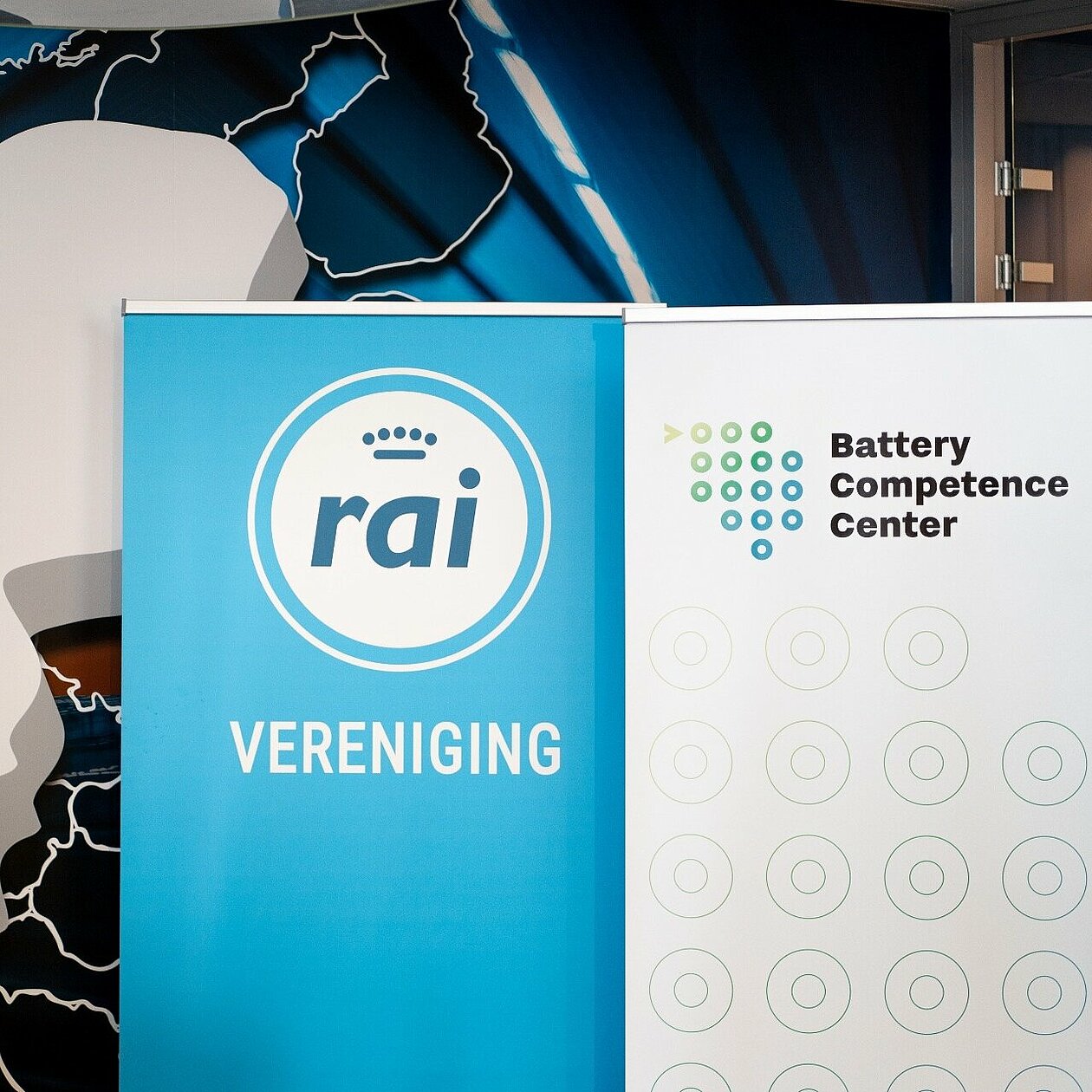
The Battery Competence Centre is primarily founded to connect parties and to position the Dutch manufacturing industry. We do that by facilitating development initiatives and partnerships, which will lead to greater availability of sustainable battery technology.
Everything needs energy. We will be using more electric bicycles, and switch from fossil fuel cars to electric transportation. In addition, both the building and aviation sector are also going green. This demand for energy can be met in various ways; via the electricity grid, by using fuel cells to convert hydrogen into electricity, or by generating wind and solar energy for example. All solutions combined will ensure that sufficient energy is available.
Storage of that energy will be the necessary next step. This will lead to an exponential growth in battery demand. Our progress towards the climate and circular goals will depend on the way we respond to that demand. The industry must take responsibility, and the government must work with the industry to drive and facilitate this transition.
The Battery Competence Center is an independent organization. We support our partners in realizing battery innovations without making any profit. We operate on a national level to allow everyone to jointly work on the best possible results. In the past, new initiatives were not openly discussed to protect a company’s competitive position. As a result, information on the same subject matters was lost. The Battery Competence Centre is combining those forces, which allows us to act much more efficiently and effectively than individual parties. Thanks to this collectivity, we have more money to spent, which will increase our opportunities. And that will automatically lead to growth.
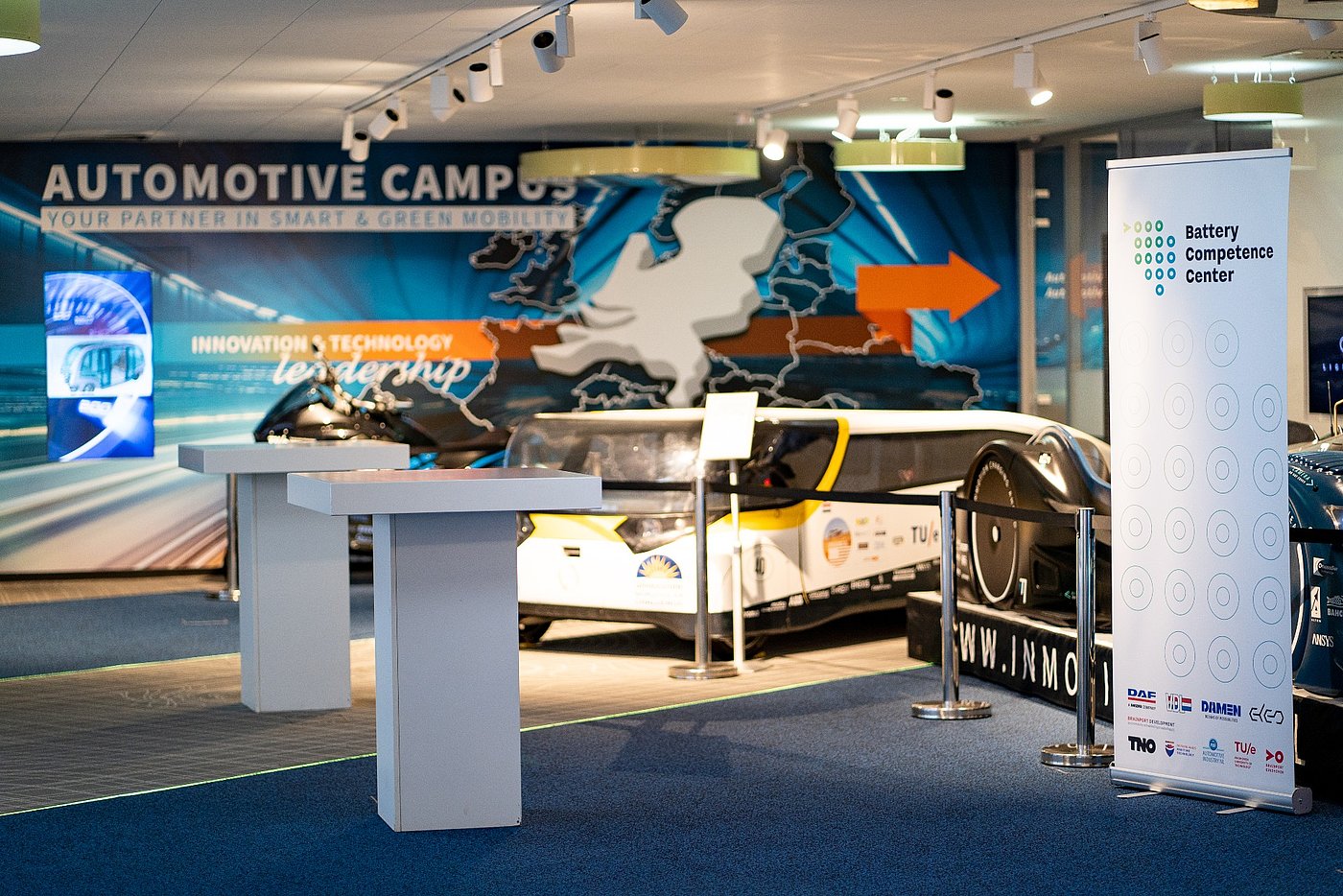
There are seventeen sustainable development goals the world has to meet before 2030. Such as good working conditions, inclusivity or access to clean drinking water. In the battery sector, we depend on certain parties that dominate the playing field. That dominance extends to the traceability of raw materials and the way those raw materials are mined and then made available on the market. Within Europe, we must find a way to become independent from those dominant parties.
On a national level, we have targets to meet under the climate agreement. We have an active economy that produces waste products. We can make that economy circular if we make sure that the products at the beginning of the production chain are recyclable. Take for example the recycling of mobile phones. That takes forty-five minutes in total of which forty minutes are needed to extract the battery. The actual recycling only takes five minutes. Because of the fact that it takes forty minutes to extract the battery, it is not worthwhile from an economic point of view to recycle the phone. And thus, the residual product is not processed in a sustainable way. We must move towards a situation in which it is also economically worthwhile to manage raw materials in a responsible manner.
To realize the energy transition, we need batteries, among others. When we talk about a sustainable economy, we have to generate zero emissions, not only with respect to CO2 but also with respect to particulates and noise. Electric transportation is part of the solution, as are the use of hydrogen or biofuels, which are not zero emission solutions. However, reducing emissions with 90% is also a step in the right direction. During the transition, we cannot exclude such solutions.
If the government sets clear goals, such as 0% emissions, it is up to the market and the industry to look at ways to achieve those goals. It is important to set realistic goals, so that our energy network can continue to process supply and demand. Moreover, battery solutions must be tailored to the availability of raw materials, to ensure that production is not jeopardized. So, for the time being, we need alternatives.
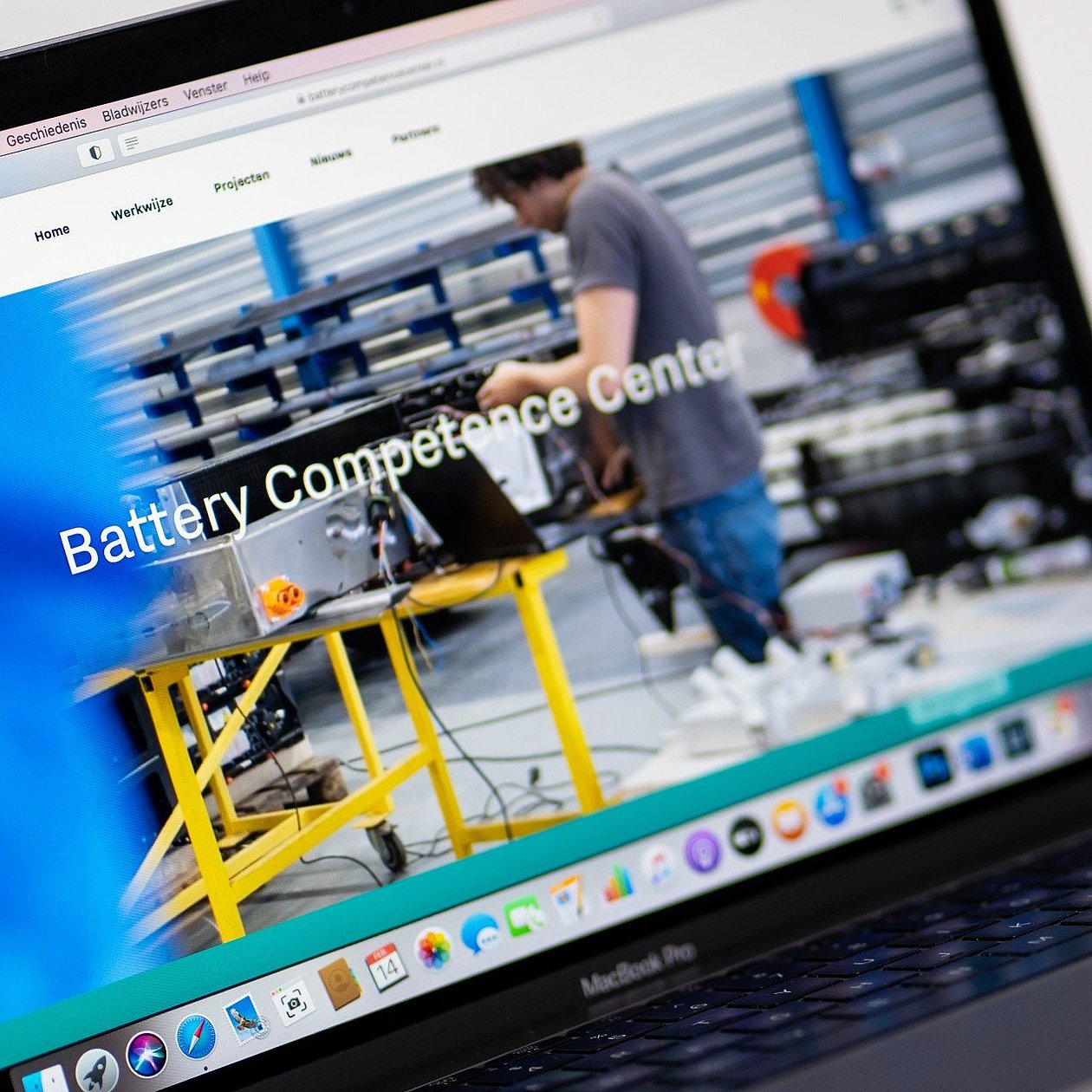
Everyone will experience that we are using batteries in a responsible way. I compare it to the Tree Planting Day: for every tree that is being cut down, we plant a new tree. That's better for nature and for the environment. Thus, for all of us. If we are looking at battery technology, we are moving towards a circular system that meets the energy demand and that offers alternative zero emission mobility solutions whenever you need them. Hence, it's about making sure that everyone has access to a suitable battery system. Dutch citizens are critical towards their government; we want to know exactly what is going on and which rules apply. Everyone will see that the Netherlands is dealing with battery technology in a responsible way. And if the Netherlands starts to accelerate in battery technology, this will naturally also impact the job market. Both regionally and nationally.
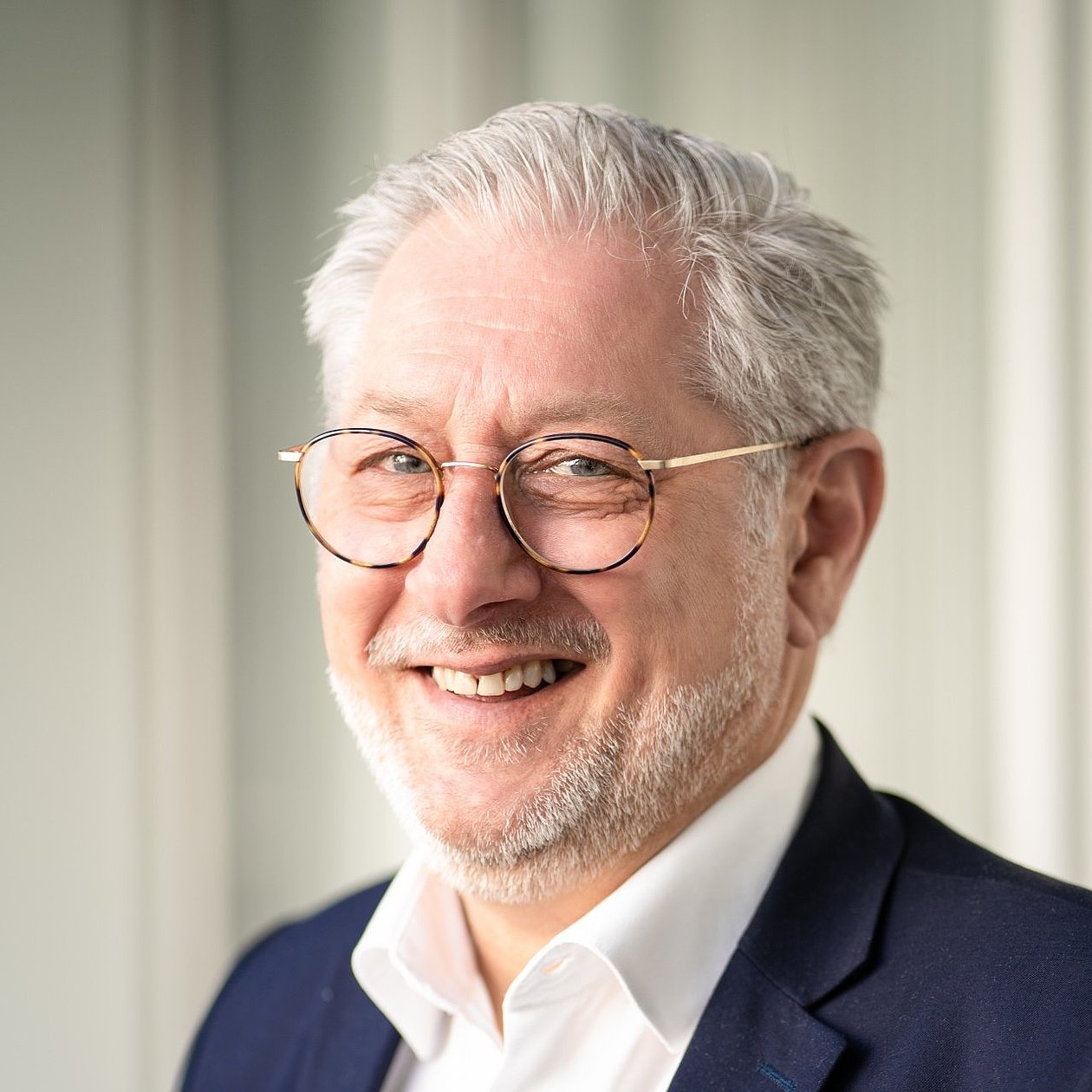
We are always interested in new partnerships and in sharing knowledge regarding battery technology. We don't exclude anyone; in fact, we hope everyone will join us. Public authorities, knowledge institutions and large OEMs are fairly easy to reach. It is rather the SMEs, which are short of time and often work hard to stay afloat, that we are calling on to participate. We gladly welcome everyone who has a contribution to make to the battery technology economy. And every issue or proposal is worth discussing.